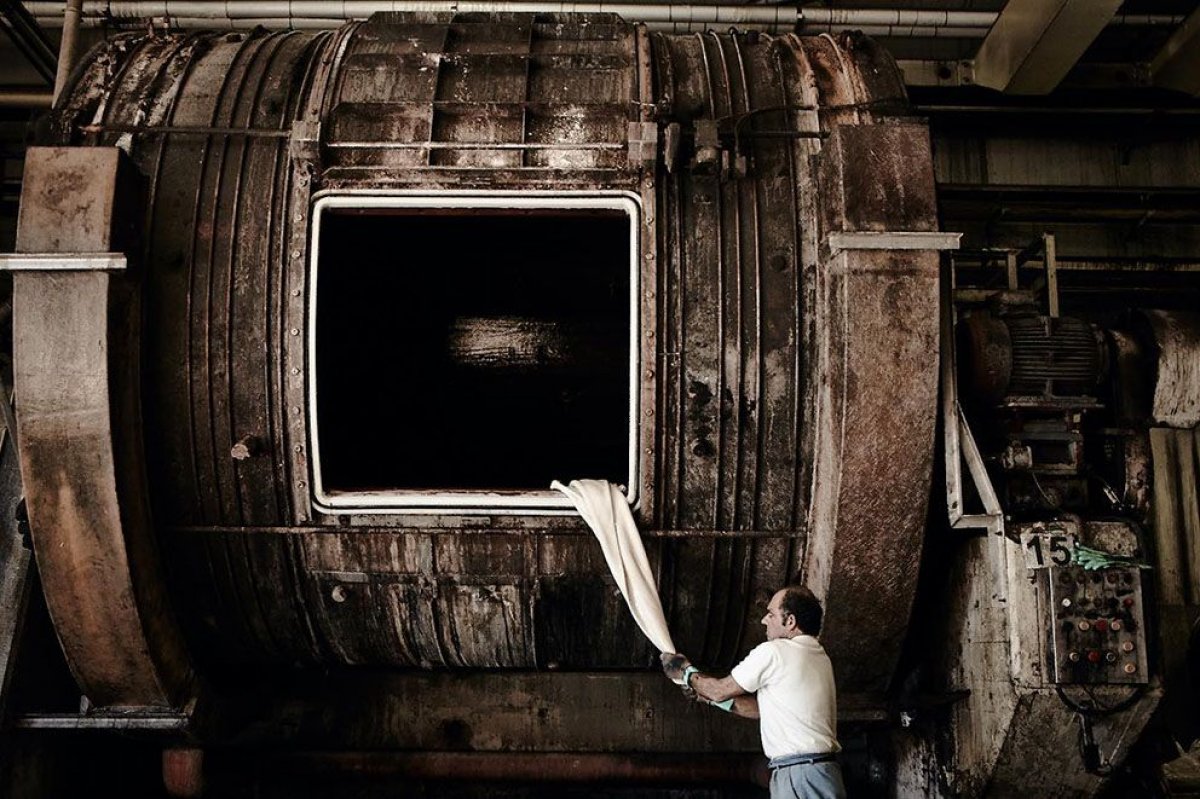News
New era for luxury: supply strategies change and investments are made in digitalization
More expensive transportation, energy and raw materials translate into higher costs and time to launch new collections. To the problem, luxury brands respond with new supply strategies, at the cost of investments on digitalization and creation of new skills. This is what emerges from a survey conducted by the strategic consulting firm Kearney that involved over 30 managers of Italian fashion houses. Carried out in collaboration with Il Foglio, it was presented in Florence during the event promoted by CNA Federmoda for the International Handicrafts Exhibition underway at the Fortezza da Basso.

The survey comes in the wake of the last three years that have brought about a change of pace in the world of luxury fashion on several fronts. On the one hand, consumer behavior has changed as consumers increasingly seek omnichannel shopping experiences and show attention to aspects of sustainability and environmental impact. On the other, the pandemic and geopolitical tensions have produced repeated and profound shocks in the global supply chains. A picture to which is added the growing cost of raw materials, transport and energy, which for 48% of fashion houses is responsible for an increase of over 60% in time to market and the cost of new collections.
According to Kearney, the approach of the brands is based on new supply strategies. Many aim to review the number and geographic distribution of suppliers (62% of respondents), while more than half expect smaller orders (55%) and different types of shipping (48%). Nearly half of the respondents (45%) believe then that the review of the strategies of supply will create new opportunities for the Italian companies, with investments on the inner competences and the technologies (34%). The business model is moving towards a sustainable approach, through the use of recycled or eco-friendly materials, increased product traceability and a reduction in overproduction.
The growing weight of digital channels and omnichanneling is leading companies to internalize e-commerce technology platforms and logistics. More than 90% of respondents justify the need for direct e-commerce management with full access to customer data, although the operation requires high investments (according to 62%) and the creation of missing skills (41%). Speaking of direct logistics management, maisons then point to the possibility of fulfilling orders from boutiques (79%). The priority is to equip themselves with tools that improve inventory visibility accurately and in real time and the order fulfillment process.

"A necessary and understandable strategy that will allow brands to have access to data and directly manage the assortment and cross-selling in the online supply - comments Dario Minutella, Principal Kearney -. The management will still have to respond to high investments and costs such as maintenance and digital marketing. Here the sustainability of the business will be played. On the other hand, the whole logistic process can be managed with the direct involvement of the boutiques, which will focus more and more on an omni-channel user experience. Luxury brands will thus break the traditional pattern that saw physical and digital managed separately, being able to count on a distribution network with many more nodes than Amazon has."







